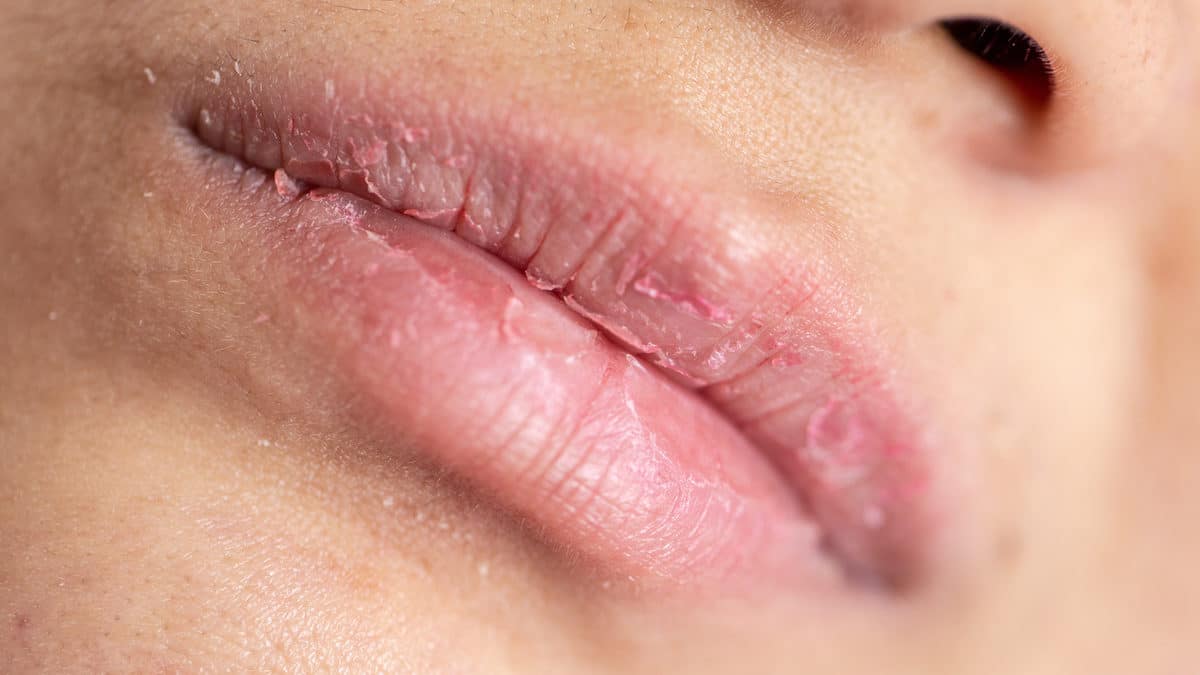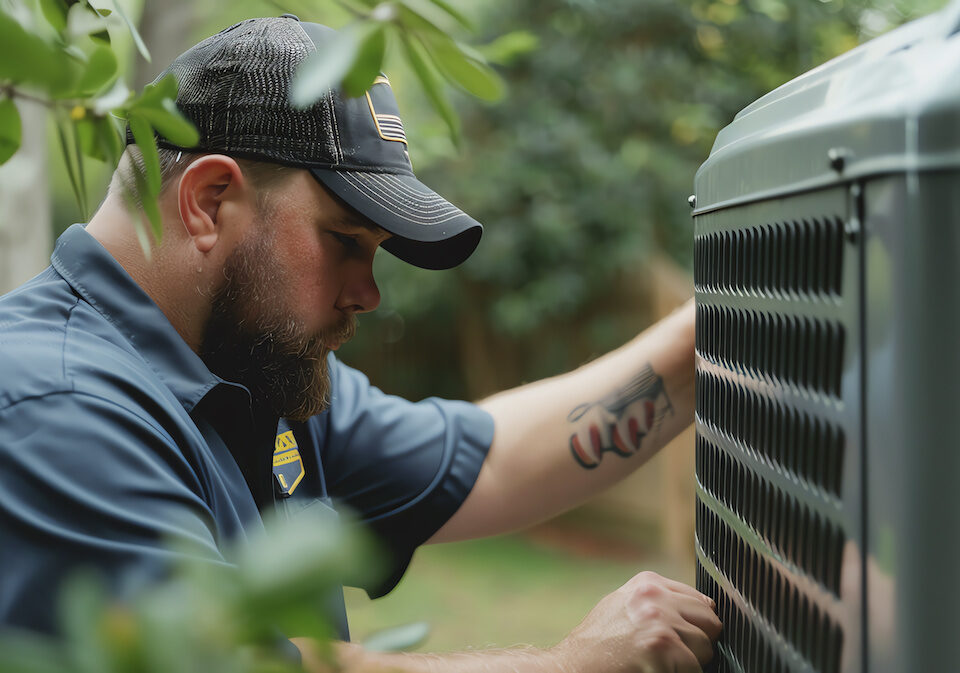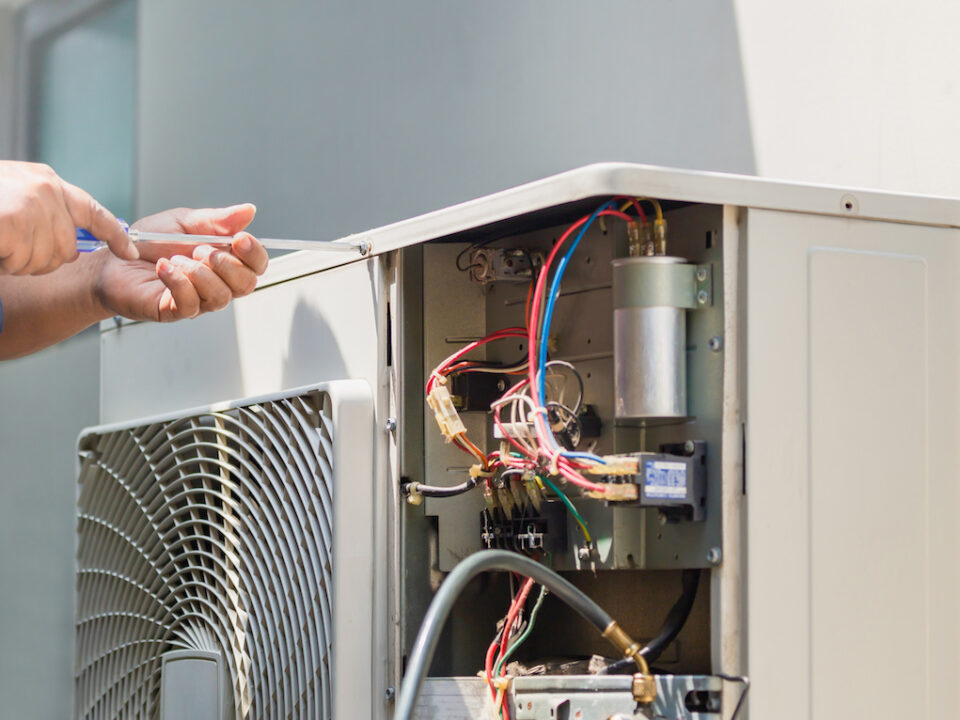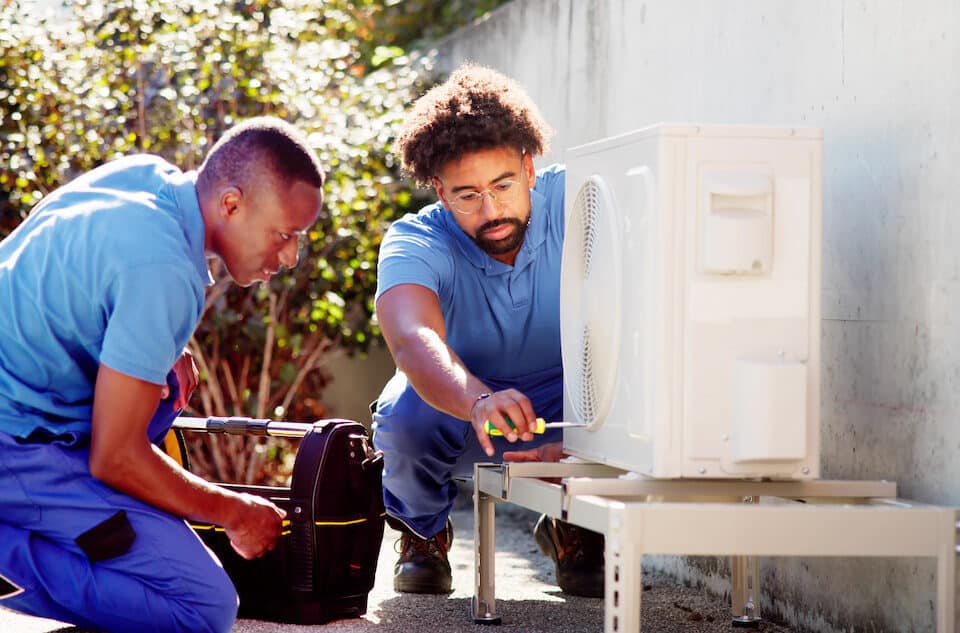How Indoor Humidity Affects Your Health

Did you know that the humidity in your home or office can affect your body in different ways — frizzy hair, dry skin, chapped lips? Here is some information to help you determine whether your home is too dry or too humid, and how you can change it if necessary.
What is humidity?
Living in Georgia, we all understand humidity, which is the amount of water in the air. The more water vapor or molecules that are present, the higher the humidity.
Why does humidity decrease when the temperature drops?
Temperature can determine who much moisture is in an environment. If the temperature drops, molecules contract, which gives them less space to hold moisture. This is why moisture condenses on cold surfaces — water drops on the inside of a window, for example. An abundance of moisture can create mold or mildew.
Environment – too dry or too humid?
Everyone is affected by humidity differently, but there are specific signs that your indoor spaces are too humid or too dry.
Too humid
- Mold or mildew
- Wet spots on floors, walls or ceilings
- Dust mites
- Frizzy hair
- Feeling hot or sweaty
- Feeling like the air is stuffy or not circulating properly
- Asthma, allergy and sinus problems
Too dry
- Dry skin
- Chapped lips
- Bloody nose
- Itchy throat
- Dry eyes
- Waking up coughing
- Asthma, allergy and sinus problems
- Static electricity on clothes, hair, and carpet
Dry air can negatively affect your lungs, skin, and nasal passages even if you’re perfectly healthy.
Ideal level of indoor humidity
According to the Environmental Protection Agency (EPA), indoor humidity levels should remain between 30-50%. A humidity monitor or hygrometer can help you determine if your home is outside of that range.
Devices to address indoor humidity problems
Humidifiers
Humidifiers create steam or water vapor to increase moisture levels. They can soothe problems caused by dry air, but be aware that humidifiers can make you sick if they aren’t maintained properly.
The EPA recommends:
- Monitoring humidity levels using a hygrometer
- Using filtered water
- Changing the filter monthly in large humidifiers
- Changing the water daily in-room humidifiers
- Washing the pieces of your room humidifier every two to three days, and
- Talking to your doctor before starting to use a humidifier.
You can also use funds from your Health Savings Account (HSA) to purchase a humidity monitor or humidifier.
Dehumidifiers
Dehumidifiers collect and remove excess moisture as opposed to a humidifier that adds moisture to the air. In hot, humid climates, dehumidifiers work well.
Air purifiers
Air purifiers can be excellent for removing contaminants from the air, but they don’t always help adjust the humidity levels. Some people who suffer from allergies and asthma find them beneficial.
Household plants
By adding specific plants to your environment, it can help regulate indoor humidity and purify the air. If you have pets, first check with your vet before bringing plants into your home because some can be toxic if eaten by your furry loved one. Boston ferns, peace lilies, reed palms, and English ivy are known to help the environment in your home.
Repair or Service
If your HVAC is not working at peak performance, a repair might be required or at least a service check. Make sure to call an experienced quality HVAC Company who will restore it to top condition.
Regular Maintenance
When you purchase an HVAC system, some manufacturers require regular maintenance, or they will void out your warranty. With regular maintenance, you can prevent costly repairs and experience worry-free comfort for years to come. It will help to maintain a longer life of your equipment and protect your manufacturer’s warranty. It will help prevent emergency system failures. You will get better efficiency and capacity by changing your filters and other services. Your reputable HVAC company usually provides a Maintenance Contract, which will give you a discount on any repairs, priority status, 24-hour answering service, etc. You may want to consider this method and get a quote.
If you have any problems or questions with your HVAC system, contact your local Heating and Air company?
Contact Us
Our customers have called TRUST Heating & Air one of the highest rated repair & service companies in the Loganville, Walton & Gwinnett counties. We respond quickly to all of your needs. Call TRUST Heating & Air to find out why our customers call us one of the best in Walton County.
Contact the pros at TRUST Heating & Air to discuss savings tips and free estimates.



